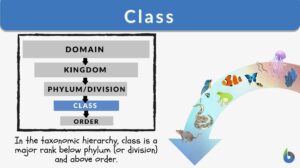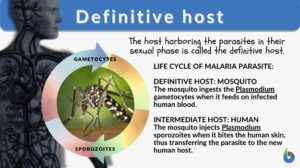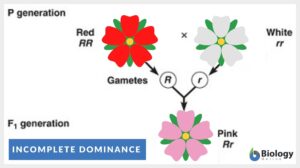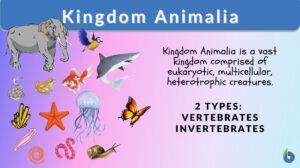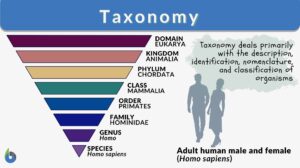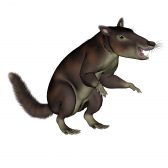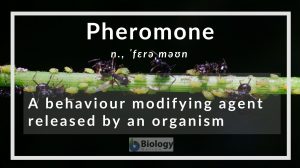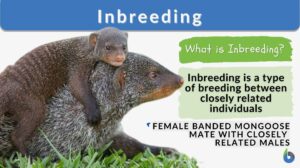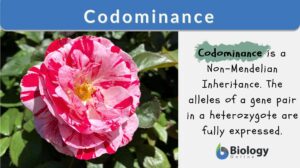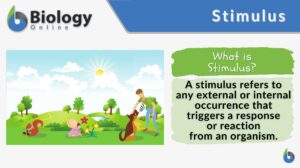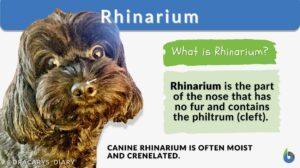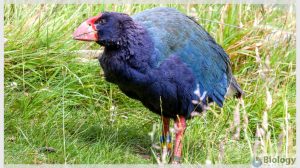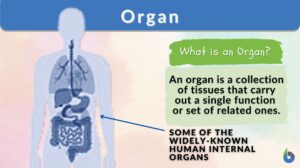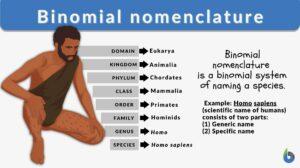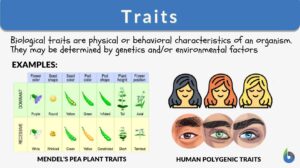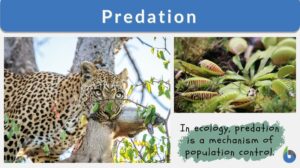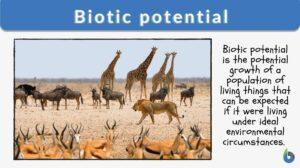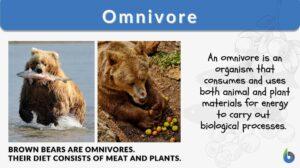Search Results for: dog
Unconditioned stimulus
An unconditioned stimulus inherently triggers an automatic response, not reliant on deliberate prior learning. In contrast... Read More
Definitive host
Different Biological Relationships The biological world is interconnected whether we notice it or not. All the life forms... Read More
Incomplete dominance
Incomplete Dominance Definition After Gregor Mendel discovered inheritance laws, the term ''incomplete dominance'' was... Read More
Kingdom Animalia
Kingdom Animalia Definition Each person can say that they know of or can name at least one animal. However, do people know... Read More
Classical conditioning
Definition noun A form of conditioning or associative learning first demonstrated by Ivan Pavlov (a physiologist,... Read More
Respondent conditioning
Definition noun A form of conditioning or associative learning first demonstrated by Ivan Pavlov (a physiologist,... Read More
Neutral stimulus
Definition noun, plural: neutral stimuli In classical conditioning, it is the type of stimulus that initially or normally... Read More
Mammalian Ancestors
Humans are mammals, the most successful taxonomic class of organisms to colonize the Earth. The word mammal derives from the... Read More
Complete dominance
Complete Dominance Definition Genetics is the study of how traits are inherited by organisms and in what ways these... Read More
Inbreeding
Inbreeding is a type of breeding or mating where closely related individuals with a common ancestor produce progenies with... Read More
Codominance
Codominance Definition Codominance is a form of inheritance wherein the alleles of a gene pair in a heterozygote are fully... Read More
Crossbreeding
Definition noun The act or process of producing offspring by mating purebred individuals of different breeds or... Read More
Tapetum lucidum
Definition noun, plural: tapeta lucida A layer of tissue in the choroid or in the retinal pigment epithelium of the eye of... Read More
Takahē (Porphyrio hochstetteri)
By: Maria Victoria GonzagaPreviously, we've seen the different animals endemic to New Zealand. Due to the... Read More
Ayia Napa sea monster
The Ayia Napa Sea Monster is a cryptid, claimed to inhabit the coast off of Ayia Napa in Cyprus, a popular tourist resort... Read More
Flehmen response
Definition noun A behavior in certain animals wherein the animal curls back the upper lip thereby exposing the front teeth,... Read More
Binomial nomenclature
Binomial Nomenclature Definition Binomial nomenclature is a binomial system of naming a species. A binomial name is... Read More
Biotic potential
When we look at the different forms of life, we often wonder how they have continued to exist one generation after another.... Read More
Generation
Generation 1. The act of generating or begetting; procreation, as of animals. 2. Origination by some process, mathematical,... Read More


